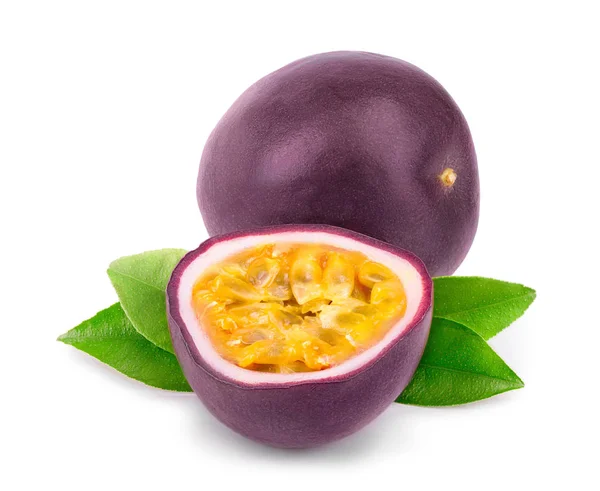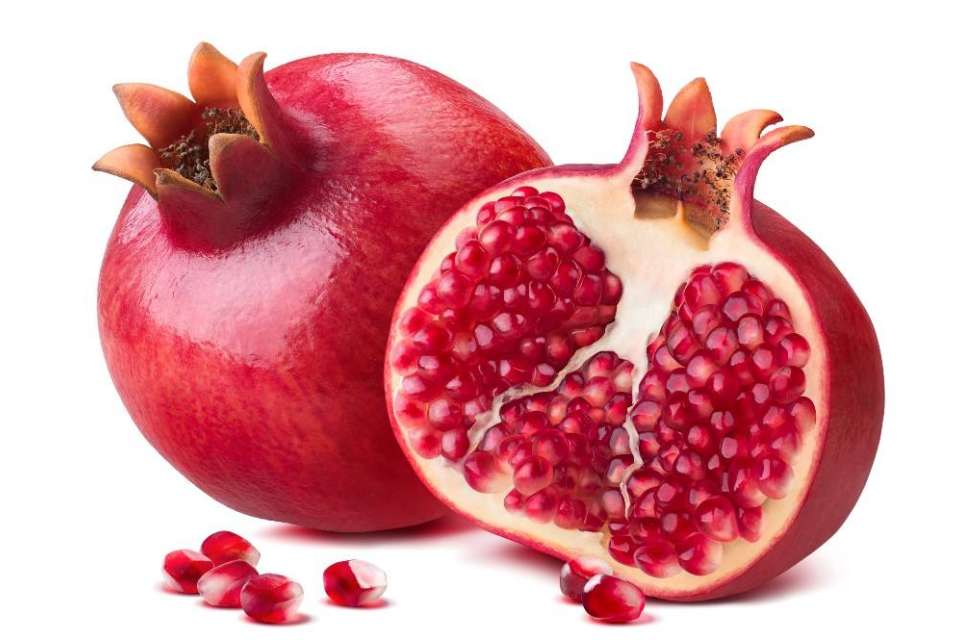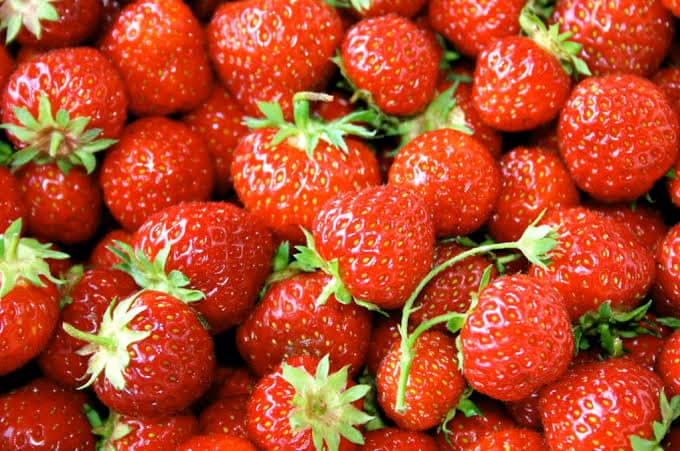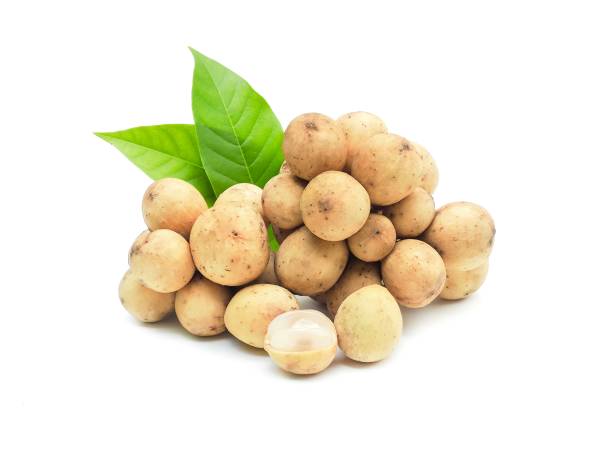From the lush vines of tropical regions, the passion fruit emerges as an exotic delight, not only for its unique flavor but also for the rich tapestry of essential vitamins, minerals, and antioxidants it unfolds. Aptly named, passion fruit offers a burst of nutritional goodness that aligns with its vibrant and captivating character.
At the core of passion fruit’s nutritional prowess is its impressive vitamin C content. This antioxidant vitamin, abundantly present in the juicy seeds and pulp, plays a pivotal role in supporting the immune system, promoting skin health, and acting as a defender against oxidative stress. With every spoonful of passion fruit, one not only indulges in its sweet-tart flavor but also welcomes a refreshing boost to immune vitality.
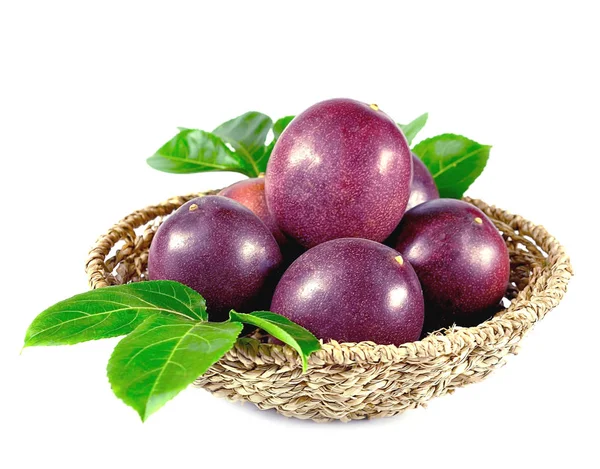
Passion fruit is a low-calorie fruit with a high content of dietary fiber, making it a favorable choice for those seeking weight management and digestive health benefits. The fiber content supports regular bowel movements, aids in preventing constipation, and promotes a feeling of fullness. This digestive-friendly nature makes passion fruit not just a delectable tropical treat but also a potentially satisfying addition to a balanced diet.
Antioxidants, including carotenoids and polyphenols, are abundant in passion fruit. These compounds contribute to its potential anti-inflammatory effects and protection against oxidative stress. The unique aroma and taste of passion fruit are accompanied by the visual appeal of its vibrant purple or yellow hues, signaling the presence of these beneficial compounds and turning passion fruit into not just a culinary indulgence but also a nutritional sensation.
Passion fruit provides essential minerals, including potassium, phosphorus, magnesium, and iron. Potassium is crucial for heart health, regulating blood pressure and supporting proper heart function. The mineral composition in passion fruit adds to its nutritional value, contributing to various physiological processes within the body.
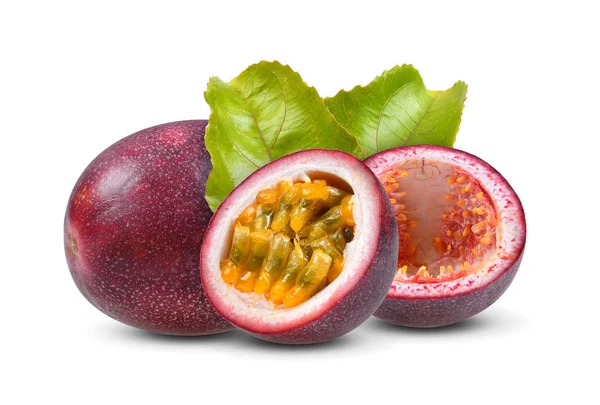
The B-vitamin complex, including riboflavin (B2), niacin (B3), pyridoxine (B6), and folate (B9), is found in passion fruit. These vitamins play vital roles in energy metabolism, red blood cell formation, and neural development. The B-vitamin content in passion fruit adds a layer of nutrient richness, offering a spectrum of essential nutrients in each spoonful.
Despite its small size, passion fruit carries a significant nutritional punch. Whether enjoyed on its own, as part of a fruit salad, or in various culinary creations, passion fruit stands out not only for its exotic taste but also for its contribution to a diverse and nutrient-rich diet.
In conclusion, passion fruit, with its exotic allure and nutritional richness, transcends its role as a tropical delicacy to emerge as a nutrient eruption. From immune-boosting vitamin C to digestion-friendly fiber and a spectrum of essential minerals and B-vitamins, passion fruit offers a comprehensive array of nutrients. As we spoon out the luscious goodness of passion fruit, we are not just savoring a tropical delight; we are partaking in a nutritional experience that delights both the palate and the body.

